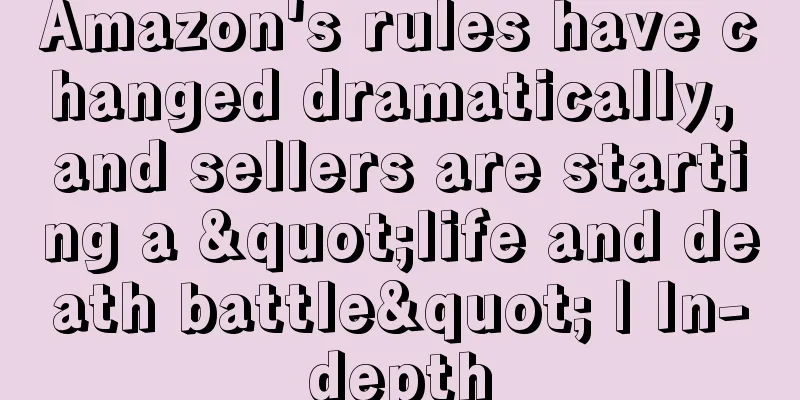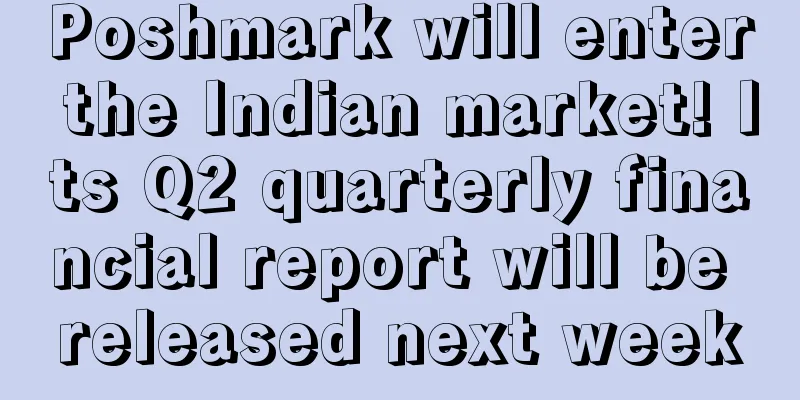Amazon's anti-counterfeiting team is really serious! A large number of sellers have been banned for selling counterfeit goods!

▲ The picture comes from the seller communication group ▲ The picture comes from the seller communication group 1. The seller’s account was deactivated because the products sold by the seller may be counterfeit or fake according to Article 3 of the Amazon Business Solutions Agreement. 2. Amazon will periodically request additional documentation from sellers to verify their account information and confirm the authenticity of certain products. 3. Inform the seller how to reactivate the account and what information the seller needs to provide in different situations.
1. The seller is found to have no authorization to follow other sellers and is reported to have sold fake goods; 2. The seller is detected to be selling counterfeit goods by the Amazon system or the Amazon global anti-counterfeiting team; 3. Being maliciously complained of counterfeiting by competitors. ▲ The picture comes from the seller communication group ▲ The picture comes from the seller communication group ▲ The picture comes from the seller communication group ▲ The picture comes from the seller communication group
Text ✎ Xiyue/ Statement: When reprinting this article, the title and original text must not be modified, and the source and original link must be retained. |
Recommend
What is Tophatter? Tophatter Review
Tophatter is a mobile e-commerce platform originat...
What is UK VAT? UK VAT Review
VAT is the abbreviation of Value Added Tax, which ...
What is Algopix? Algopix Review
Algopix is a free market research tool that allo...
What is Yatego? Yatego Review
Yatego is a German-language e-commerce platform th...
What is Jabong? Jabong Review
Jabong is a famous fashion + e-commerce website in...
Big changes on Amazon! New rules for account verification and DOE certification are coming!
Amazon is not at peace this year. Just after the S...
What is a Quark? Quark Review
Quarkscm is an export distribution platform and a ...
From product power to brand power, how do cross-border sellers “advance step by step” on Amazon?
Source: Ebrun Power Chief Writer: He Yang By He Ya...
What is Yitongda Overseas Warehouse? Yitongda Overseas Warehouse Review
As a global cross-border sellers' overseas war...
FBA warehouses surge 40%! Warehouse entry deadline announced
Amazon announced last week that the largest FBA wa...
The game of account suspension is on the rise again! The popular seller Zebao is "claiming" 30 million from Amazon!
In 2023, the global economy will remain in an &quo...
Broken entrepreneurial dream: Two people started Amazon together, but now their relationship has completely broken down! How can I protect my own interests? What should I pay attention to in the content of the share agreement?
Anonymous user My C position Situation summary: Tw...
What is Shenzhen Compliance Bao Taxation Consulting Co., Ltd.? Shenzhen Compliance Bao Taxation Consulting Co., Ltd. Review
Shenzhen Hezhubao Finance and Taxation Consulting ...
What is BPOM certification? BPOM certification evaluation
BPOM is the abbreviation of the Indonesian Food an...
Mexico's e-commerce is expected to grow 100% in 2022! Non-food consumption continues to rise!
<span data-shimo-docs="[[20,"获悉,根据墨西哥在线销售协...









